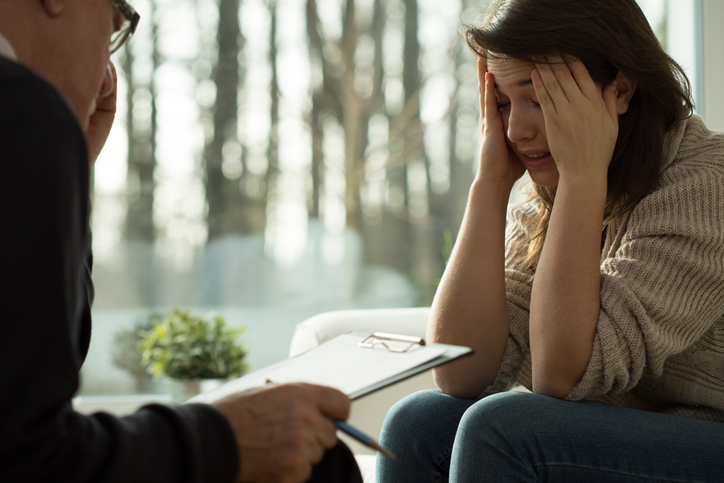Becoming an addictions counsellor is an extremely rewarding career choice. Not only do you get to help clients out of one of their darkest times, but you also help them regain their confidence, zest for life, and enjoyment of activities they once loved. As professional addictions counsellors know all too well, relapse is extremely common and is often considered a normal part of the recovery process (Alcohol Rehab, 2016). Fortunately, a relapse doesn’t mean failure for your clients. It’s a chance to learn from their mistakes, identify their weak spots in recovery, and make the changes needed to succeed in abstaining next time.
Read on to discover three common warning signs of an impending or occurring relapse.
1. After Addictions Counsellor Courses, Be Aware of Clients Reconnecting With Old Friends
When a client with a substance misuse disorder is starting to revert back to their old tendencies, it’s not uncommon for them to begin romanticizing their addiction. As graduates of addictions counsellor courses know, during a healthy recovery process someone with a substance misuse disorder will look back on their time experiencing an addictions problem and see how detrimental and toxic it was for their life.
However, when a client on the road to recovery is losing control and slipping back into the grips of their addiction, they may look back on that time and reminisce. They may even begin to surround themselves with the friends, likely still experiencing active addiction themselves, they had during their periods of addiction. For many, once they return to their past environment, it’s only a matter of time before they begin their addictive behaviours again (The Palm Beach Institute, 2014).
2. After Addictions Counsellor Courses, Be Mindful of Changes to a Client’s Routine
When a client with a substance misuse disorder is wavering in their recovery or has already had a relapse, it’s likely they will come across as less predictable and deviate from their routine. Family members, friends, and you as their counsellor will likely notice them deviate from their daily norms, or act irrationally or defensively (The Palm Beach Institute, 2014).
As a counsellor with a professional counselling diploma you can help by educating your client’s family and friends about what signs to look for. For example, coming home late, leaving the house at random times, or breaking daily habits like going to the gym or work, may be warning signs of a relapse. By catching these changes early on, clients can get the help they need to stop their relapse and get back on track with their recovery.
3. After Addictions Counsellor Courses, Watch Out for Withdrawal From Support Programs
During a relapse, a client with a substance misuse disorder will often stop attending their treatment programs. This could include 12-step programs like AA, regular counselling sessions, or even rehabilitation. This can even occur after one minor slip up, and not a full relapse. For some recovering clients, the shame they feel after suffering one slip up is enough to propel them to fall back into their old ways (Summit Behavioral Health, 2016).
After a slip up or relapse, many clients will forgo their support programs because of the shame they feel. They may feel that attending the group or session is a reminder of their mistake. In addition, they may not want to vocalize what they view as a failure (Summit Behavioral Health, 2016). By promoting a welcoming atmosphere where your clients know that they will feel free of judgement, you can help encourage them to return to counselling, even after a slip up or relapse.
Overcoming addiction is a lifelong battle. As an addictions counsellor, you can play an important and life-changing role in guiding your clients on their journey to health and happiness.
Do you want to become a counsellor in Vancouver?
Contact Rhodes Wellness College today to learn how you can start making a difference in the lives of others.
Works Cited:
Alcohol Rehab. (2016). Relapse as a normal part of recovery. Retrieved from http://alcoholrehab.com/addiction-recovery/relapse-as-a-part-of-recovery/
Summit Behavioral Health. (2016). What is a drug relapse? Retrieved from https://www.summitbehavioralhealth.com/resources/articles/what-is-relapse/
The Palm Beach Institute. (2014, September 4). 13 signs of relapse. Retrieved from https://www.pbinstitute.com/13-signs-relapse/










